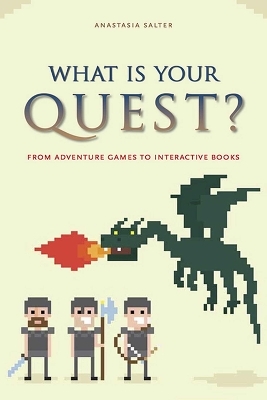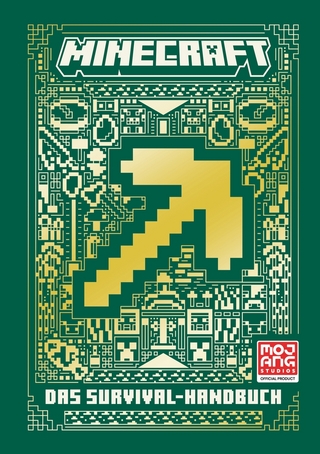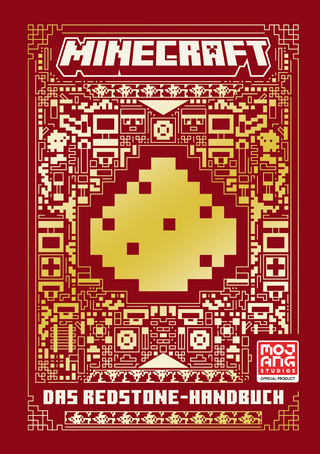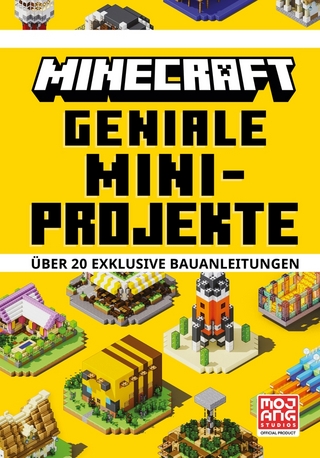
What Is Your Quest?
From Adventure Games to Interactive Books
Seiten
2014
University of Iowa Press (Verlag)
978-1-60938-275-9 (ISBN)
University of Iowa Press (Verlag)
978-1-60938-275-9 (ISBN)
Examines the future of electronic literature in a world where tablets and e-readers are becoming as common as printed books and where fans are blurring the distinction between reader and author. The construction of new ways of storytelling is already underway: it is happening on the edges of the mainstream gaming industry and in the spaces between media, on the foundations set by classic games.
What Is Your Quest? examines the future of electronic literature in a world where tablets and e-readers are becoming as common as printed books and where fans are blurring the distinction between reader and author. The construction of new ways of storytelling is already underway: it is happening on the edges of the mainstream gaming industry and in the spaces between media, on the foundations set by classic games. Along these margins, convergent storytelling allows for playful reading and reading becomes a strategy of play.
One of the earliest models for this new way of telling stories was the adventure game, the kind of game cantered on quests in which the characters must overcome obstacles and puzzles. After they fell out of fashion in the 1990s, fans made strenuous efforts to keep them alive and to create new games in the genre. Such activities highlight both the convergence of game and story and the collapsing distinction between reader and author. Continually defying the forces of obsolescence, fans return abandoned games to a playable state and treat stories as ever-evolving narratives. Similarly, players of massive multiplayer games become co-creators of the game experience, building characters and creating social networks that recombine a reading and gaming community.
The interactions between storytellers and readers, between programmers and creators, and among fans turned world-builders are essential to the development of innovative ways of telling stories. And at the same time that fan activities foster the convergence of digital gaming and storytelling, new and increasingly accessible tools and models for interactive narrative empower a broadening range of storytellers. It is precisely this interactivity among a range of users surrounding these new platforms that is radically reshaping both e-books and games and those who read and play with them.
What Is Your Quest? examines the future of electronic literature in a world where tablets and e-readers are becoming as common as printed books and where fans are blurring the distinction between reader and author. The construction of new ways of storytelling is already underway: it is happening on the edges of the mainstream gaming industry and in the spaces between media, on the foundations set by classic games. Along these margins, convergent storytelling allows for playful reading and reading becomes a strategy of play.
One of the earliest models for this new way of telling stories was the adventure game, the kind of game cantered on quests in which the characters must overcome obstacles and puzzles. After they fell out of fashion in the 1990s, fans made strenuous efforts to keep them alive and to create new games in the genre. Such activities highlight both the convergence of game and story and the collapsing distinction between reader and author. Continually defying the forces of obsolescence, fans return abandoned games to a playable state and treat stories as ever-evolving narratives. Similarly, players of massive multiplayer games become co-creators of the game experience, building characters and creating social networks that recombine a reading and gaming community.
The interactions between storytellers and readers, between programmers and creators, and among fans turned world-builders are essential to the development of innovative ways of telling stories. And at the same time that fan activities foster the convergence of digital gaming and storytelling, new and increasingly accessible tools and models for interactive narrative empower a broadening range of storytellers. It is precisely this interactivity among a range of users surrounding these new platforms that is radically reshaping both e-books and games and those who read and play with them.
Anastasia Salter is an assistant professor in Science, Information Arts and Technologies at the University of Baltimore, USA, where she directs the graduate programs in interaction design and information architecture. Her work spans the future of narrative, from transformative works to video games and comics. She is the co-author, with John Murray, of Flash: Building the Interactive Web (2014). A contributing author for ProfHacker, a blog on pedagogy and technology hosted by the Chronicle of Higher Education, she resides in Columbia, Maryland, USA.
| Erscheint lt. Verlag | 1.11.2014 |
|---|---|
| Zusatzinfo | 16 colour illustrations, 3 black & white illustrations |
| Verlagsort | Iowa |
| Sprache | englisch |
| Maße | 152 x 229 mm |
| Gewicht | 372 g |
| Themenwelt | Geisteswissenschaften ► Sprach- / Literaturwissenschaft ► Anglistik / Amerikanistik |
| Informatik ► Weitere Themen ► Computerspiele | |
| Sozialwissenschaften ► Kommunikation / Medien ► Medienwissenschaft | |
| ISBN-10 | 1-60938-275-7 / 1609382757 |
| ISBN-13 | 978-1-60938-275-9 / 9781609382759 |
| Zustand | Neuware |
| Haben Sie eine Frage zum Produkt? |
Mehr entdecken
aus dem Bereich
aus dem Bereich
Ein offizielles Minecraft-Handbuch
Buch | Hardcover (2022)
SchneiderBuch (Verlag)
12,00 €
Ein offizielles Minecraft-Handbuch
Buch | Hardcover (2022)
SchneiderBuch (Verlag)
12,00 €
Über 20 exklusive Bauanleitungen
Buch | Hardcover (2023)
SchneiderBuch (Verlag)
12,00 €


